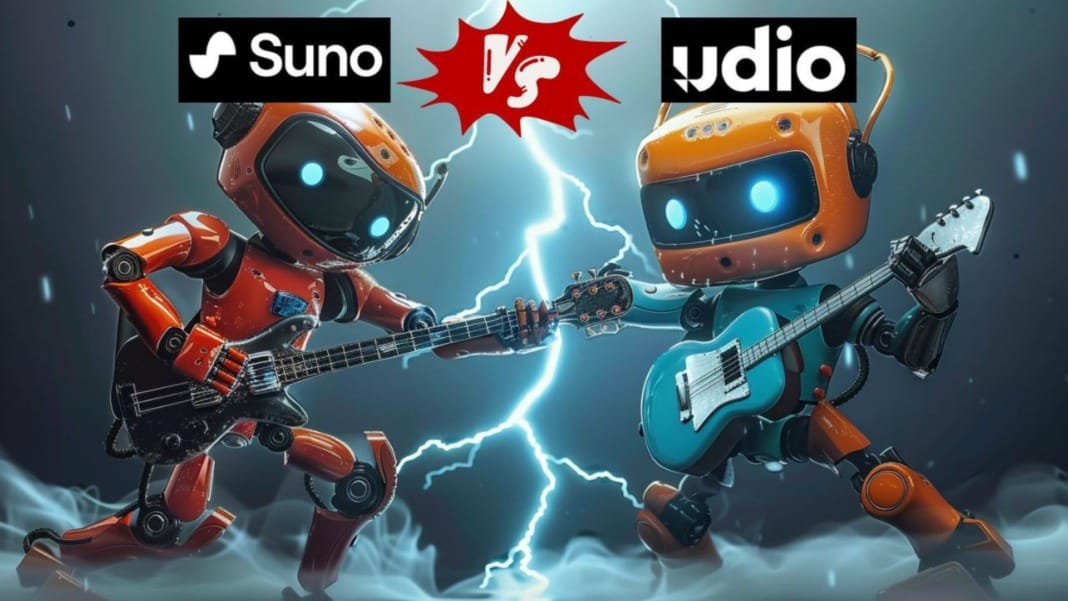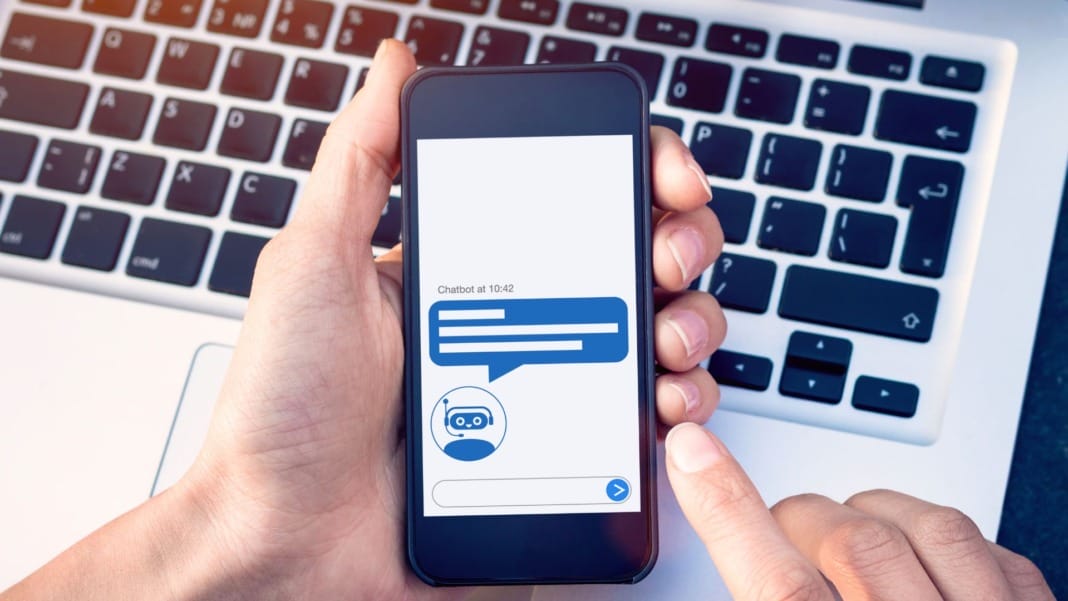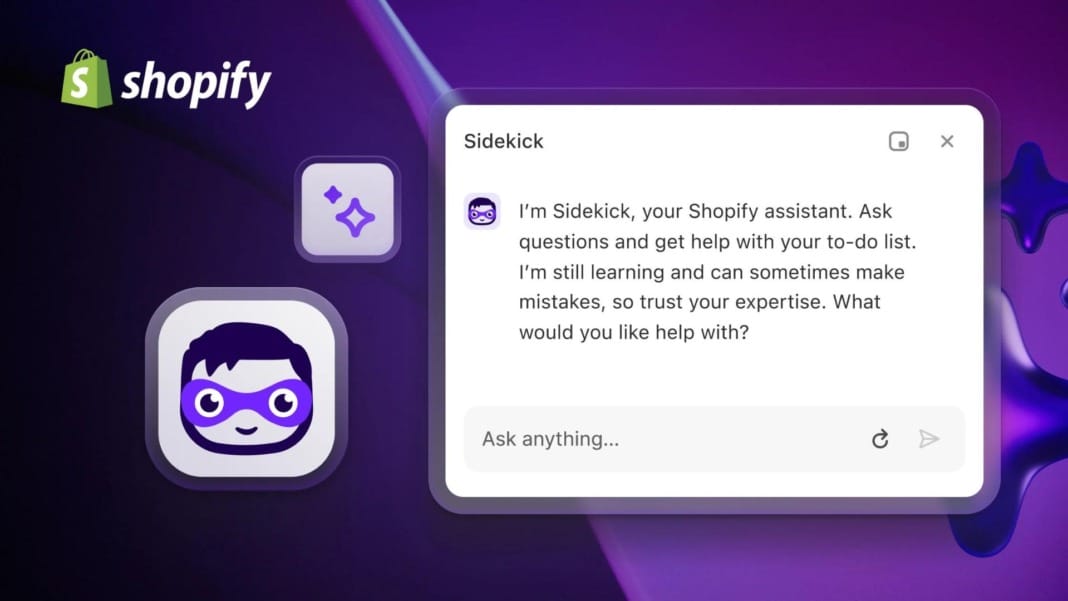Major record labels, including Universal Music Group (UMG), Sony Music Entertainment, and Warner Records, have filed lawsuits against two leading names in generative AI music creation. The lawsuits allege that the companies, Suno and Udio, have violated copyright laws on a massive scale by using artists’ work without consent.
The case details
Suno and Udio are well-known for their innovative use of text prompts to generate original music. Suno, for example, is integrated into Microsoft Copilot through a partnership with Microsoft. Udio gained attention for creating “BBL Drizzy,” a viral AI-generated song. Despite their success, both companies are now facing serious legal challenges.
The lawsuit against Suno was filed in Boston federal court, while the Udio case is being heard in New York. The record labels claim that these AI companies used the work of artists from various genres and eras without permission.
The Recording Industry Association of America (RIAA) and a coalition of record labels are leading the legal action. The RIAA is demanding damages of up to US$150,000 per copyrighted work and additional fees.
“These cases involve clear instances of copyright infringement, with unlicensed copying of sound recordings on a large scale. In a press release, “Suno and Udio are trying to conceal the extent of their infringement rather than legalising their services,” said Ken Doroshow, the RIAA’s chief legal officer.
Claims and responses
When accused of using copyrighted material, Suno claimed that its training data was “confidential business information.” Udio made similar claims in its communications, according to the lawsuit. The complaint states, “If Suno had made efforts to avoid copying plaintiffs’ sound recordings and using them in its AI model, Suno’s service would not be able to produce convincing imitations of such a wide range of human musical expression at the quality Suno promotes.”
These lawsuits represent a significant development in the ongoing conflict between the music industry and technology companies offering AI tools. Last year, UMG and other music publishers sued Anthropic for distributing copyrighted song lyrics via the Claude 2 system.
Since last year’s creation of a fake Drake song generated by AI, artists and labels have publicly battled against companies they accuse of illegally using their protected work to train AI tools. Some AI systems can now produce recordings that sound convincingly like known artists, raising questions about how much control musicians have over their AI-generated likenesses.
The broader impact
Platforms like TikTok and YouTube have also been affected as AI-generated music becomes more common online. Earlier this year, music by UMG artists, including Taylor Swift, was temporarily removed from TikTok due to a failed licensing deal partly driven by AI concerns. Last fall, YouTube announced a system to remove AI-generated music at the request of rights holders. Sony Music sent letters to tech companies in May, warning them about the “unauthorised” use of copyrighted material.
Suno executives and investors had anticipated potential lawsuits, as mentioned in a Rolling Stone profile on the company this March. Antonio Rodriguez, an early investor in Suno, remarked, “Honestly, if we had dealt with labels when this company started, I probably wouldn’t have invested in it. I think they needed to make this product without the constraints.”
AI companies are often secretive about the data used to train their models. OpenAI is currently facing lawsuits from authors and news publishers, including The New York Times, who claim their works were used in training data without permission. OpenAI CTO Mira Murati has evaded questions about whether the company’s AI video generator, Sora, was trained on YouTube content.
Though AI-generated music is yet to be a complete substitute for human-made songs, there is genuine concern in music and other creative industries that AI content could diminish their earnings. In April, the Artist Rights Alliance wrote an open letter demanding that AI companies “cease using artificial intelligence (AI) to infringe upon and devalue the rights of human artists.”





